Question And Answer
Publications
Articles, publications, books, tools and multimedia features from the U.S. Institute of Peace provide the latest news, analysis, research findings, practitioner guides and reports, all related to the conflict zones and issues that are at the center of the Institute’s work to prevent and reduce violent conflict.

Daniel Markey on Strategic Stability in Southern Asia
Security, territorial and political tensions between Southern Asia’s three nuclear states — Pakistan, India and China — "have gotten worse over the past few years," says USIP's Daniel Markey. "These are countries that have been at war a number of times… that [makes] these hostilities difficult to manage."
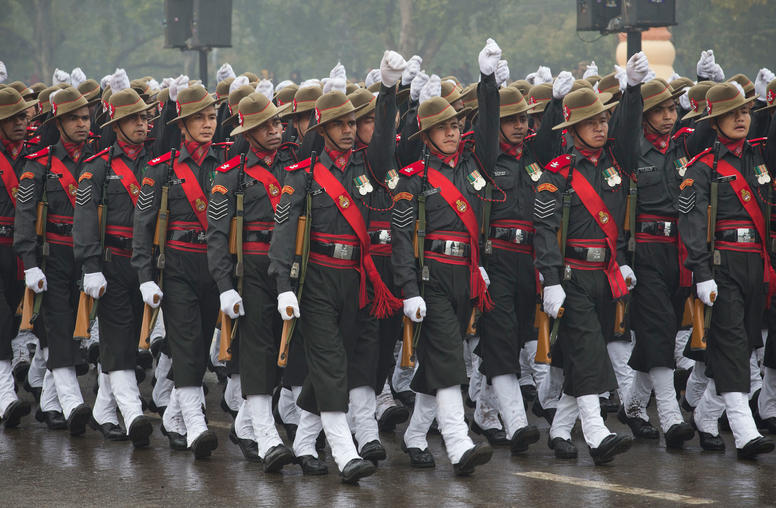
How to Deal with the Risk of Nuclear Escalation in South Asia
Two months ago, India accidentally launched a missile 75 miles into its rival Pakistan’s territory. Although many U.S. policymakers could be excused for having both eyes on the Russia-Ukraine conflict, for those pursuing stability in the Indo-Pacific, this was a reminder of the nuclear risks endemic to the region.
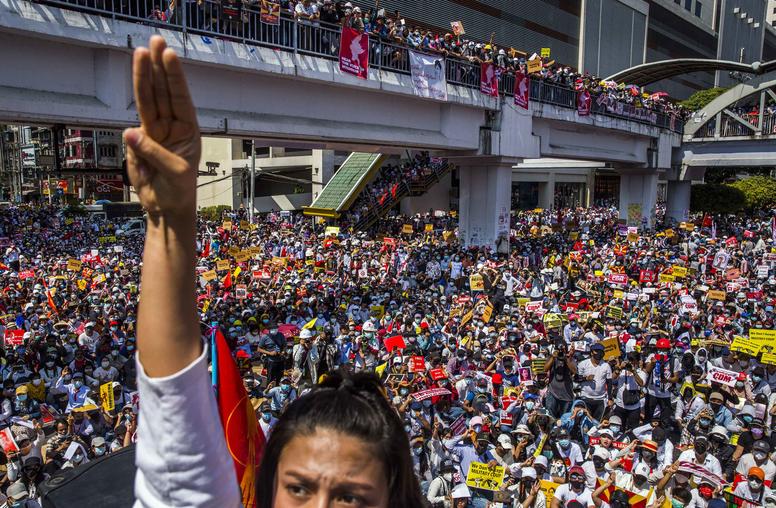
As Myanmar Coup Spurs National Resistance, a Unified Nation Could Emerge
The military’s coup in Myanmar has been a tragedy in every respect but one: It is increasingly clear that the generals’ power grab and bloody repression have united Myanmar’s diverse — and often adverse — ethnic and political groups to resist a common enemy and seek a better future. Ironically, the army, which has argued since independence that it alone can hold the country together, has inadvertently spurred a revolutionary and irreversible nation-building dialogue aimed at creating a federal democratic system and more inclusive national identity. The National Unity Consultative Committee, the platform for this dialogue, may be slow, complex and contentious, but its participants stay at the table for one reason: It offers the best opportunity to escape Myanmar’s vicious cycle of violence and authoritarian rule.

Tamanna Salikuddin on the Fall of Pakistan’s Imran Khan
Over the weekend, Imran Khan became the first Pakistani prime minister to be ousted in a no-confidence vote. USIP’s Tamanna Salikuddin says, “There are a lot of reasons why he lost the support of [the] military establishment and also parliament” but that “his downfall really, number one, was the economy.”
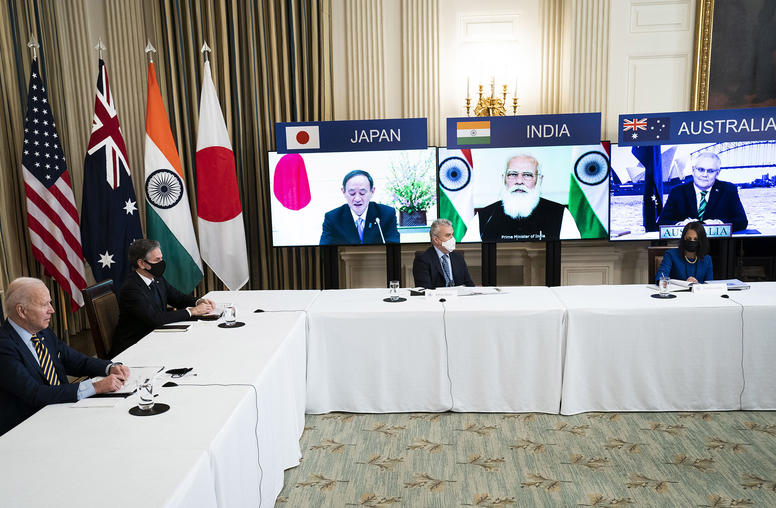
A Closer Look at Biden’s Indo-Pacific Strategy
On February 11, the White House announced its new strategy for a “free and open Indo-Pacific” region, which pledges support for regional connectivity, trade and investment, and deepening bilateral and multilateral partnerships. USIP’s Daniel Markey, Vikram J. Singh and Carla Freeman analyze the key priorities outlined in the document, and the strategic dynamics between the United States, India and China in the region.
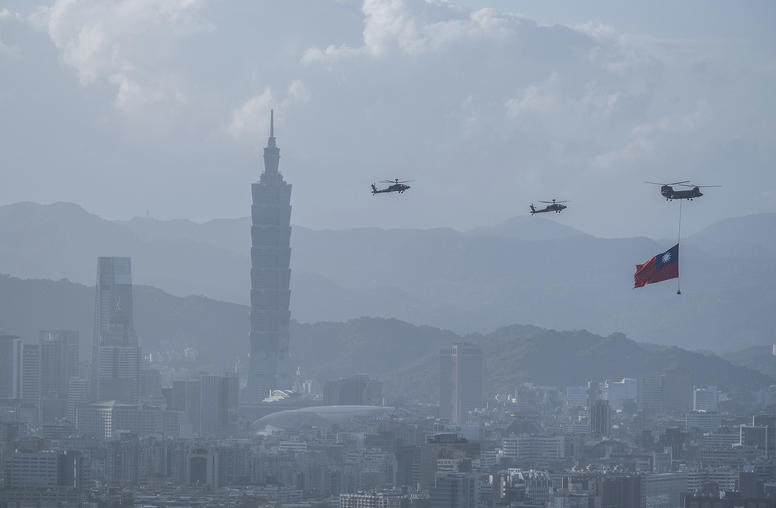
China Is Not Russia. Taiwan Is Not Ukraine.
Russia’s invasion of Ukraine — the most consequential military conflict Europe has witnessed since the Second World War — has riveted the attention of the world. Observers have grappled with the meaning of the act of aggression and scrambled to ponder the wider implications of the war. Almost inevitably people look to draw analogies—both historical and contemporary ones.
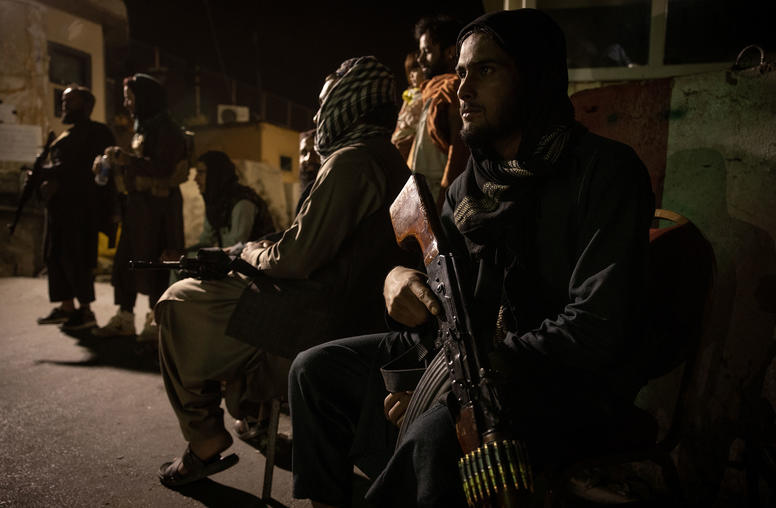
How the Region is Reacting to the Taliban Takeover
While the Taliban’s swift advance into Kabul over the weekend has left much of the West reeling, Afghans themselves will bear the brunt of the militant group’s rule. Beyond Afghanistan’s borders, its neighbors will feel the most immediate impact. Earlier this year, Russia, China and Pakistan affirmed that the future of Afghanistan should be decided through dialogue and political negotiations. How will they engage with the Taliban now?
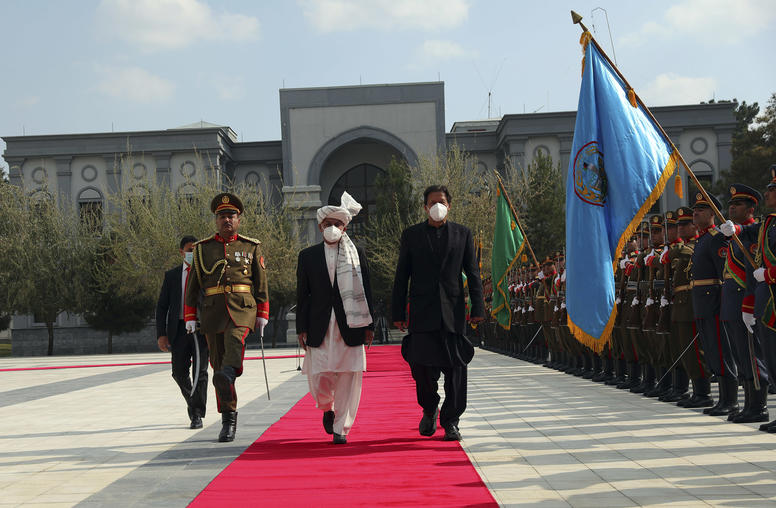
Afghanistan-Pakistan Ties and Future Stability in Afghanistan
The situation in Afghanistan—and with it the Afghanistan-Pakistan relationship—is likely to worsen in the short term. The prospect of a prolonged civil war or full Taliban takeover now looms large as hopes of a negotiated settlement recede. Whatever the outcome, the countries’ bilateral relationship will continue to be shaped by tensions that have characterized it for more than a century. This report examines these sources of tension and identifies potential openings for engagement that could, over time, become sources of stability and growth.
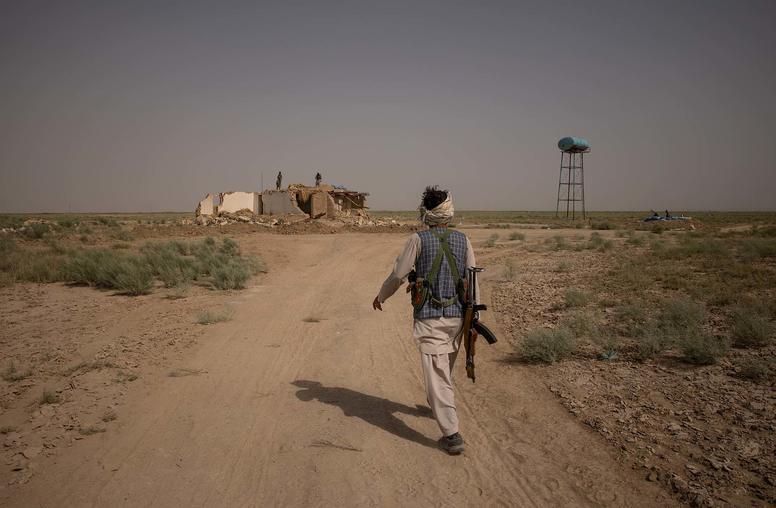
India, Pakistan Watch Warily as Taliban Move to Takeover
The Taliban’s rapid advances have caught the region and the United States off guard. The deterioration in security has forced India, along with many other countries, to retrench its diplomatic presence in the country, closing consulates outside of the capital of Kabul. There have been conflicting reports over the past month over whether or not Indian officials have engaged in talks with Taliban representatives in Qatar. Afghanistan’s neighbors all prefer a negotiated political settlement to the conflict but are preparing for the worst and could look to armed Afghan factions to protect their interests. Meanwhile, Kabul and Islamabad are blaming each other for the spiraling security situation.
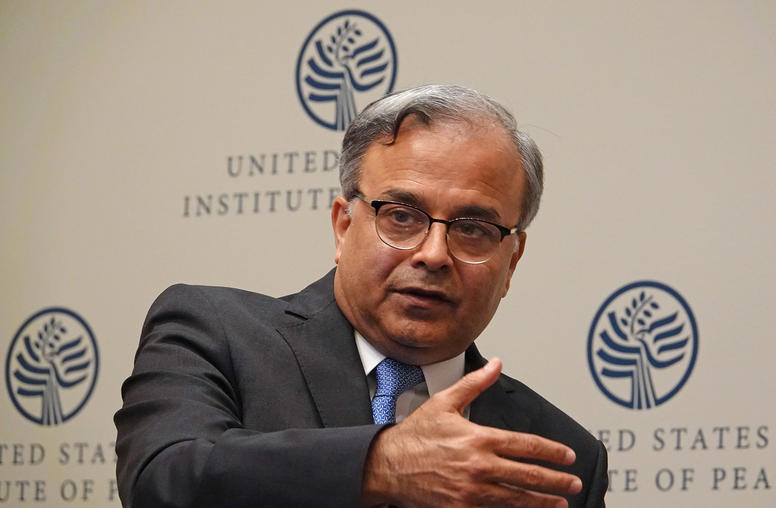
U.S., Pakistan at ‘Convergence’ on Afghanistan, Says Pakistani Envoy
For the last two decades, U.S.-Pakistan relations have been defined by the war in Afghanistan and counterterrorism concerns. With the United States military withdrawal almost complete, the relationship should broaden to focus on other issues important to both countries and the broader South Asia region. The Afghan peace process, however, will continue to be an important component of U.S.-Pakistan relations, said Pakistan’s envoy to the United States on Wednesday. “Afghanistan, for some time, did become [a point of] contention in our relationship. But today, clearly, Afghanistan is a [point of] convergence between Pakistan and United States” as both want to see peace and stability, said Ambassador Asad Majeed Khan.